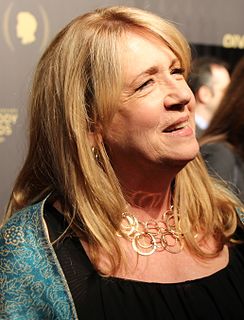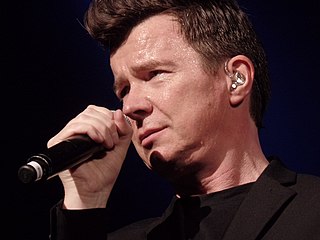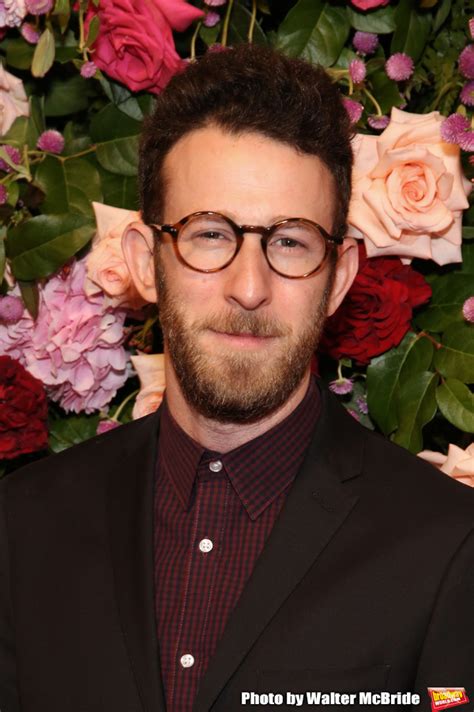A Quote by Paul Bettany
People have suggested that perhaps we are too affluent to be telling this story, which is amazing to me because then I wonder what story I am allowed to tell. Having been working with the homeless for the past years, I noticed lots of things about them, but one thing I really noticed was that they were probably too busy just getting though the day to make a film about themselves.
Related Quotes
I think that people have to have a story. When you tell a story, most people are not good storytellers because they think it's about them. You have to make your story, whatever story it is you're telling, their story. So you have to get good at telling a story so they can identify themselves in your story.
You have to do three things really well to make a successful film. You have to tell a compelling story that has a story that is unpredictable, that keeps people on the edge of their seat where they can't wait to see what happens next. You then populate that story with really memorable and appealing characters. And then, you put that story and those characters in a believable world, not realistic but believable for the story that you're telling.
I think that when I'm telling a story, I'm doing the best I can to tell the story as fully as I can, and if there are various fractures that happen in the story, then that's just the very thing that the story is as opposed to my looking for avenues of difference in one story. They just really do exist. For me, anyway.
One of my patients told me that when she tried to tell her story people often interrupted her to tell her that they once had something just like that happen to them. Subtly her pain became a story about themselves. Eventually she stopped talking to most people. It was just too lonely. We connect through listening. When we interrupt what someone is saying to let them know that we understand, we move the focus of attention to ourselves. When we listen, they know we care. Many people with cancer talk about the relief of having someone just listen.
When I make film music, I'm a filmmaker first and foremost. It's about serving the needs of the film. You're telling a story; in a way, you stop becoming a composer and become a storyteller instead. You tell the story with the most appropriate themes. How you approach these things is a very personal matter, but your goal is to tell the story first.
I am a quiet man. I tend to think things through and try not to say too much. But here I am, saying perhaps too much. But there are these feelings inside me which need badly to escape, I guess. And this makes me feel relieved because one of my big concerns these past few years is that I've been losing my ability to feel things with the same intensity- the way I felt when I was younger. It's scary- to feel your emotions floating away and just not caring. I guess what's really scary is not caring about the loss.
One of the things that I was kind of holding on to from 'The Daily Show' was there was an exhaustion that I would feel because we just kind of got caught up in the news cycle. You tell a story, and that's an interesting story, and then the next day we have to drop it and talk about something else. That's so unfair to the story and the people.
Films are tricky because for years you're getting told you're about to make it and you're about to be busy for four or six months or you're about to be on tour for press. But these things tend not to happen, and meanwhile you've said 'no' to many things 'cause you thought you were going to be busy, for years, for years this happens.
I was just burnt out. I didn't like the music business and I didn't like me. There's an element of falseness about the whole thing. Even things like doing an interview. It's not as though we just met in the pub and are having a chat - it's part of a process. If you do it all day, every day for years, you end up thinking: 'Who the hell am I?' I was lucky enough to make some money, enough to let me kick back. It was a great experience and it was nice to have a couple of No.1s but the best thing about it was that the money I made allowed me to have freedom and choice in my life.
In terms of theater itself, no story is too strange or method of telling it too impossible these days. In many ways, musical theater has caught up with straight theater in that it's allowed more surreality and breaking of form, and that's really exciting to me - the challenge is getting people to produce those shows.




































